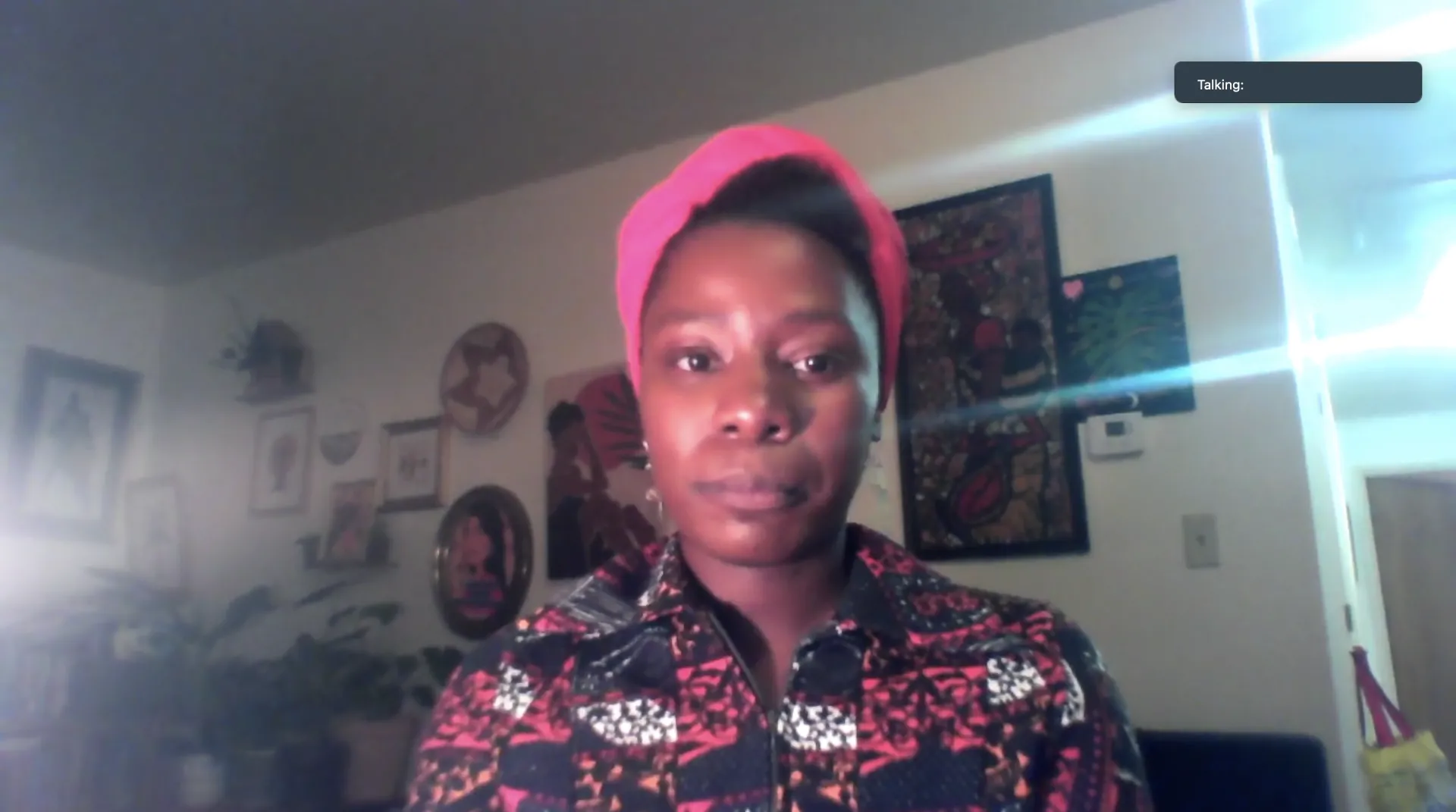Last week, as part of Ithaca College’s campus-wide Martin Luther King Jr. celebration, Nicole LaFave ’07 delivered a keynote address to the IC community.
LaFave, who is the assistant director of Diversity Alumni Programs at Cornell University, began her talk with what she called the question of the night: “Are we living his dream?”
Her powerful address continued, unpacking one’s own proximity to privilege and the challenges that grassroots organizers may face as they attempt to dismantle systemic and structural racism in their communities and elsewhere.
“If we want to dismantle systemic and structural racism, we have to analyze our own proximity to privilege and power as we seek to define liberation and freedom,” she said.
A co-founding member of Black Lives Matter Ithaca and member of the Ithaca City School District Board of Education who has extensive experience working in the Ithaca community, LaFave reflected on her involvement in Black Lives Matter and highlighted the ways in which class has led organizers to develop varying strategies of achieving equity, justice, and Black self-determination.
